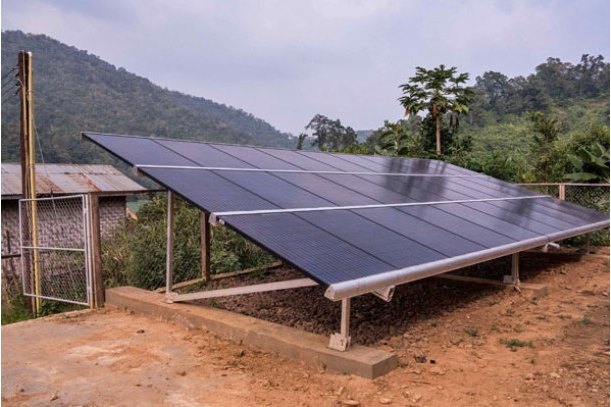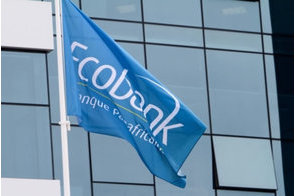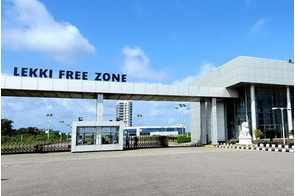Latest News
UK agency to fund study on solar mini-grids development in Nigeria

News Highlight
The Pi-CREST tool aims to enable access to cleaner, low-cost and sustainable energy to unserved and underserved regions in Nigeria and across SSA.
Innovate UK, the United Kingdom's innovation agency, has provided £300,000 for a feasibility study aimed at improving energy access in Nigeria and other Sub-Saharan African (SSA) countries. The study will be carried out in Nigeria and led by University of Bradford, according to a statement sent to Financial Nigeria last week by the UK university.
Called Project Pi-CREST (Planning, integration and Control of mini-grids with Renewables and Energy Storage), the study aims to develop a decision-making tool to facilitate the development and operation of solar mini-grids to generate electricity in the SSA region, starting with Nigeria. The Pi-CREST tool will help to overcome uncertainties in planning and operation of local energy systems.
According to the statement, University of Bradford said it is a leader in sustainable development education and is also the 8th greenest university in the world, according to UI GreenMetric World University Rankings 2015. On the Project Pi-CREST, the university said it is working with Nortech Management Ltd, Bayero University, Kano and Renewable Energy Agency, Africa.
The team will investigate the viability of mini-grids powered by sustainable energy. If they are, further funding would be sought to begin a pilot project.
“The work will be looking at where mini-grids could be installed and how big they could be,” said Geev Mokryani, Senior Lecturer in Electrical Power Systems in the Faculty of Engineering and Informatics at the University of Bradford. “There are lots of challenges to overcome, for example finding suitable battery technology to store electricity and ensuring mini-grids do not adversely impact existing grid networks.”
According to a 2018 World Bank study, Nigeria has the world’s second largest deficit in access to electricity, after India. The Bank's Sustainable Energy for All (SE4ALL) database shows only 54.4 per cent of Nigeria’s population had access to electricity in 2017.
It is expected that the Pi-CREST tool will enable access to cleaner, low-cost and sustainable energy to unserved and underserved regions in Nigeria and across SSA. The project is being done under Innovate UK’s Energy Catalyst round 7, a competition aimed at supporting highly innovative, market-focused energy solutions, which focus on accelerating energy access in Sub-Saharan Africa and South Asia.
Related News
Latest Blogs
- CBN is fighting inflation instead of stagflation
- Why electricity privatization failed (2)
- How net metering can boost embedded power generation
- Adaora Umeoji and gender in Nigerian banking leadership
- Is protest an endangered human right of Nigerians?
Most Popular News
- IFC, partners back Indorama in Nigeria with $1.25 billion for fertiliser export
- Ali Pate to deliver keynote speech at NDFF 2024 Conference
- Univercells signs MoU with FG on biopharmaceutical development in Nigeria
- CBN increases capital requirements of banks, gives 24 months for compliance
- CBN settles backlog of foreign exchange obligations
- Euromonitor forecasts Sub-Saharan Africa GDP to grow to $4.5trn by 2040






